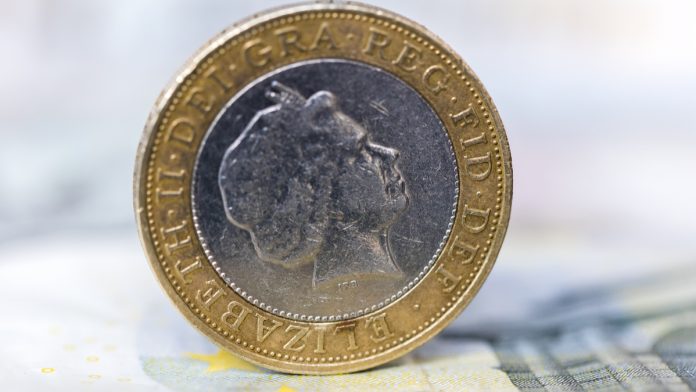- Pound (GBP) holds steady for a third straight day
- BoE report sees problem debt levels low compared to 2008
- Euro (EUR) is steady despite rising Spanish inflation
- Eurozone consumer confidence ticks higher
The Pound Euro (GBP/EUR) exchange rate is holding steady for a third straight day. The pair was flat yesterday at 0%, settling on Tuesday at €1.1658 and trading in a range between €1.1645 to €1.1669. At 10:00 UTC, GBP/EUR trades +0.09% at €1.1664.
The pound continues to hold steady against the euro following comments from the Bank of England on Wednesday.
UK central banks noted that mortgage holders and businesses are coping well with the high-interest rates, and problem debt levels are still well below those seen in the 2008 financial crisis. The report noted that the overall global environment for financial risk remains challenging, but Britain’s financial system is well protected.
The Bank of England said just over half of households with mortgages had seen debt payments rise since it started raising rates in December 2021.
The report suggests that the Bank of England is in no rush to cut interest rates. This came after the central bank left its main interest rate at 5.25%, the highest level in nearly 16 years, last week. However, the central bank said that inflation was heading in the right direction for a cut.
The market is currently pricing in three rate cuts by the Bank of England, potentially starting in June.
Yesterday, Bank of England policymaker Catherine Mann warned that the market was pricing in more rate cuts than what the central bank would likely provide.
The euro is holding steady, and investors digest improving consumer confidence data and a rise in Spanish inflation.
That would be great for eurozone consumer confidence text to lower to -14.9, down from -15.5 from expectations that the ECB could start cutting interest rates soon despite signs of stagnation in the region’s economy.
Separately, Spanish inflation rose 0.8% month on month, up from 0.4% in February. Spanish inflation comes as the government removes energy support and as the tourism boom persists.
Core inflation is being fueled by the flourishing tourism sector in the euro zone’s fourth artist economy.





